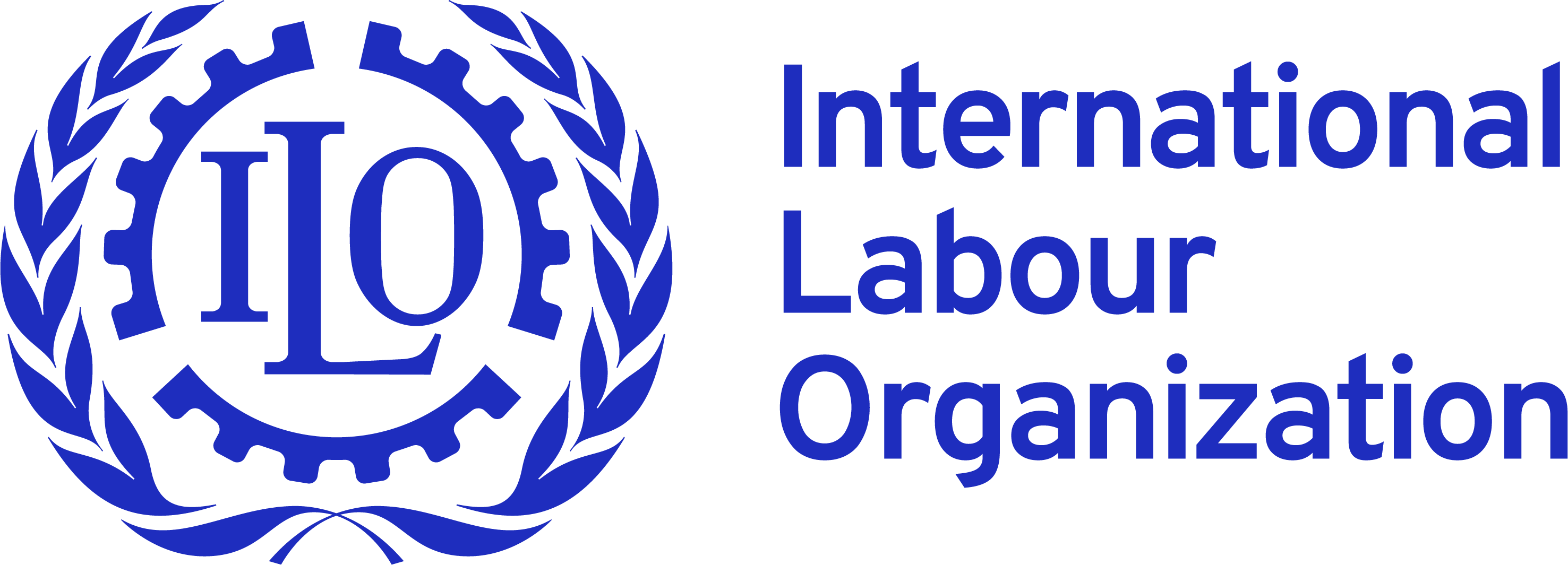
The ILO pledges to combat the COVID-19 crisis by assisting countries in ensuring inclusive access to learning to stimulate economic activity, employment and guarantee livelihoods. Enterprises, workers , teachers and trainers will be supported and protected in their return to activity and social dialogue will be promoted to find solutions.
International Labour Organization
Geneva, Switzerland
International or regional organization
Established : 1919
Education and COVID-19 Response
Objectives
Flagship
Together with UNESCO, the ILO promotes principles of quality teaching and learning, decent work for the education and training workforce through international labour standards and two specific Recommendations concerning teaching personnel, as well as the Joint ILO/UNESCO Committee of Experts on the Application of the Recommendations concerning Teaching Personnel. Drawing on these standards, the ILO will promote occupational safety and health, adequate social protection, protection of wages and non-discrimination for education workers in the context of COVID-19 response, including in early childhood education and TVET.
The ILO will also promote social dialogue, at the national and local levels, to ensure that COVID-19 response is developed with the involvement of education providers, employers and workers and their representative organizations. The ILO will support the development of accessible and inclusive digital and distance learning systems and resources alongside inclusive skills recognition, career guidance, and enterprise-based learning and financing mechanisms.
Regional Focus
Global
Commitment
1. Eradicating child labour. The ILO’s Flagship International Programme on the Elimination of Child Labour and Forced Labour (IPEC+) has ongoing operations in 62 countries and supports efforts to monitor the impact of COVID-19 on child labour, forced labour and human trafficking due to school closures, unemployment, and a lack of social protection systems. Universal quality education is critical to eliminating child labour, and IPEC+ engages with education systems worldwide in this regard.
2. Learning and skills development. The ILO assists countries transition to the new realities of the future world of work by supporting the development of skills policies and systems linked to labour market needs; anticipating and building competencies for the jobs of the future, and supporting the social inclusion of disadvantaged groups in skills development. The ILO also supports training institutions to adjust their operations in times of crisis including the shift to distance and online learning and expanded outreach services.
3. Rights and status of teachers and school staff. This includes occupational safety, social protection, and labour rights of school workers, based on international labour standards and the ILO/UNESCO Recommendation concerning the status of teachers.
Action areas
Learner Wellbeing
Digital Learning Content
Capacity Development
Contacts

Primary Contact
Mr. Oliver Liang

